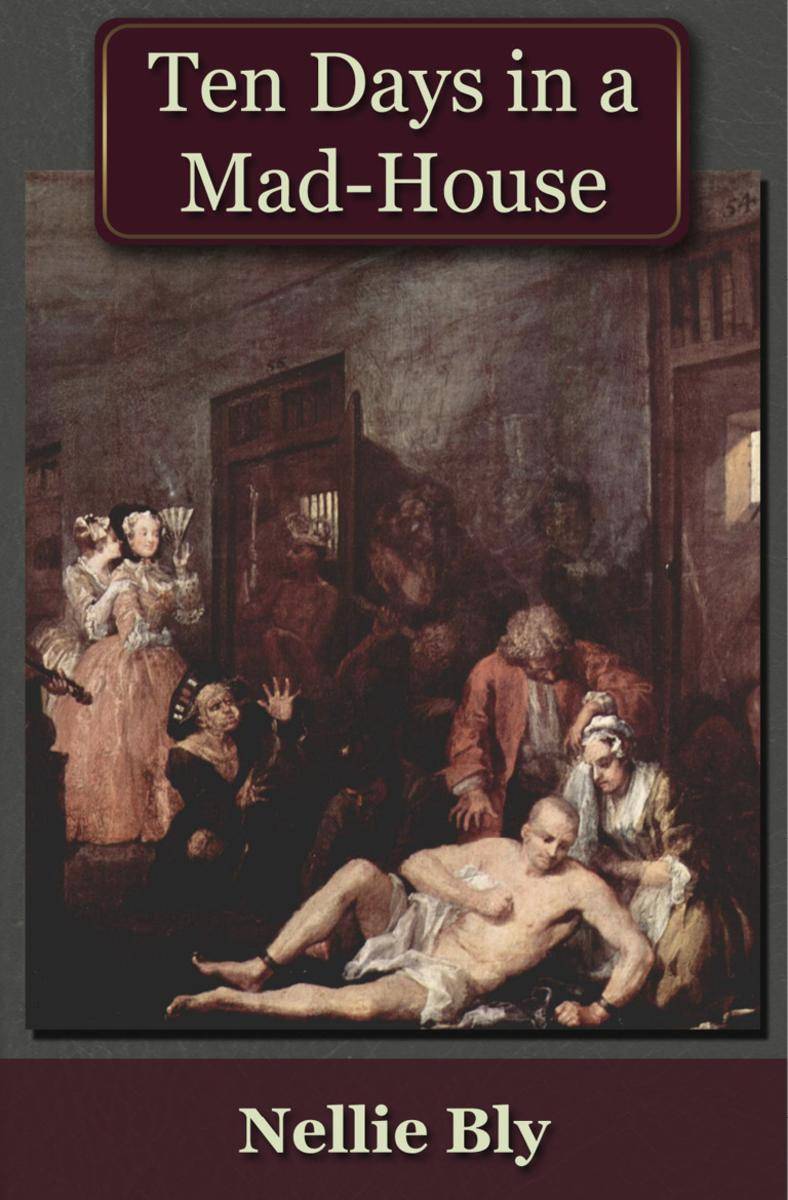
Ten Days in a Mad-House
¥29.33
This is the true story of reporter Nellie Bly, who pretends to be insane, and manages to get herself committed into an insane asylum in the USA. This revised second digital edition is a fascinating account, specially formatted for today's e-readers by Andrews UK.
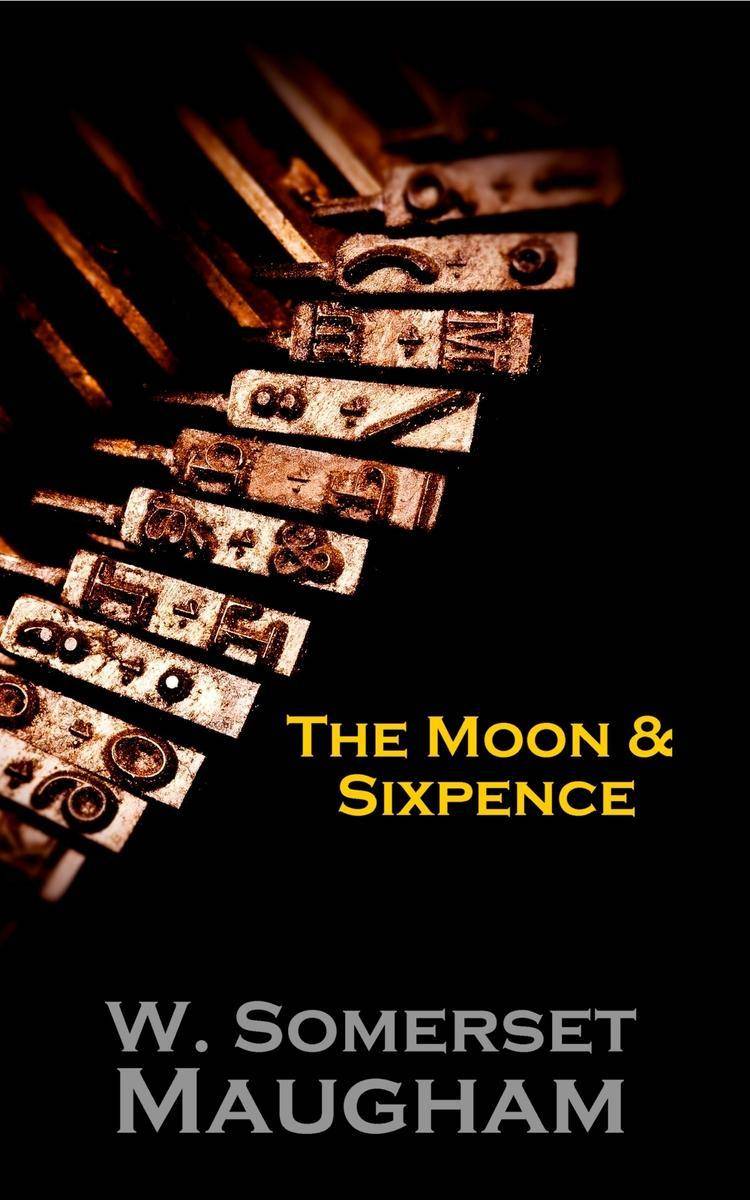
Moon And Sixpence
¥29.33
William Somerset Maugham was born on 25 January 1874 and was to become a playwright and novelist of staggering talent. Losing both his parents at age 10, he was raised by a paternal uncle. Maugham eventually trained and qualified as a doctor. The first run of his first novel, Liza of Lambeth, published in 1897, sold out so rapidly that Maugham gave up medicine to write full-time. During World War I he was recruited into the British Secret Service. The Moon And Sixpence is one of his greatest works. Told in episodic form it looks into the mind and soul of Charles Strickland, a middle-aged stockbroker who abruptly abandons both wife and children to pursue a career as an artist.
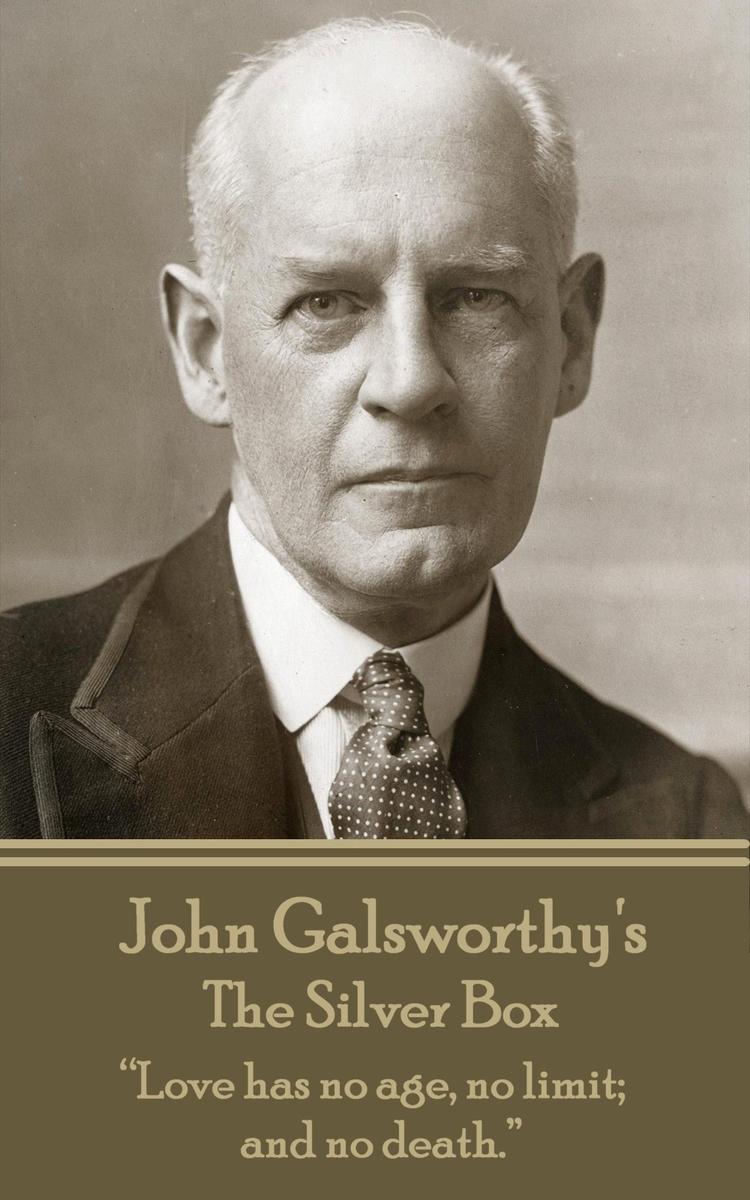
Silver Box - Love has no age, no limit; and no death.
¥29.33
John Galsworthy first published in 1897 with a collection of short stories entitled "e;The Four Winds"e;. For the next 7 years he published these and all works under his pen name John Sinjohn. It was only upon the death of his father and the publication of "e;The Island Pharisees"e; in 1904 that he published as John Galsworthy. His first play, which we publish here, was The Silver Box, an immediate success when it debuted in 1906 and was followed by "e;The Man of Property"e; later that same year and was the first in the Forsyte trilogy. Whilst today he is far more well know as a Nobel Prize winning novelist then he was considered a playwright dealing with social issues and the class system. He was appointed to the Order of Merit in 1929, after earlier turning down a knighthood, and awarded the Nobel Prize in 1932 though he was too ill to attend. John Galsworthy died from a brain tumour at his London home, Grove Lodge, Hampstead on January 31st 1933. In accordance with his will he was cremated at Woking with his ashes then being scattered over the South Downs from an aeroplane.
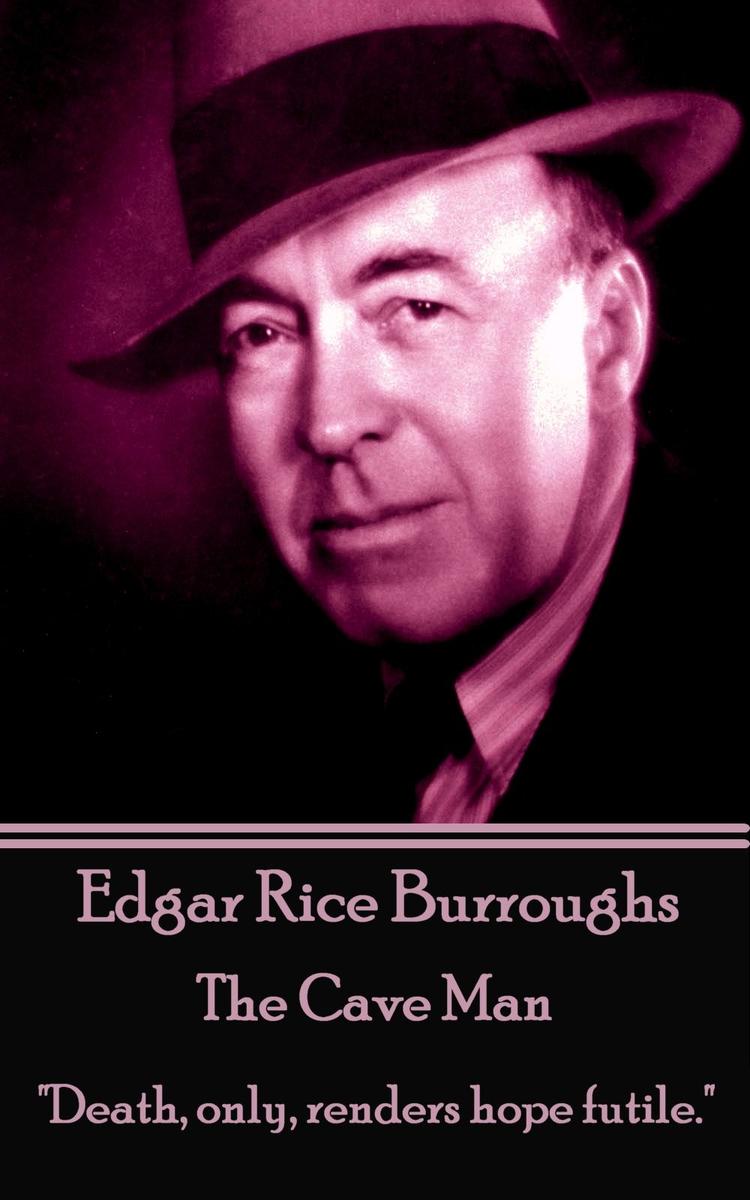
Cave Man - Death, only, renders hope futile.
¥29.33
Edgar Rice Burroughs was born on September 1, 1875, in Chicago, Illinois. His early career was unremarkable. After failing to enter West Point he enlisted in the 7th Calvary but was discharged after heart problems were diagnosed. A series of short term jobs gave no indication as to a career path but finally, in 1911, married and with two young children, he turned his hand to writing. He aimed his works squarely at the very popular pulp serial magazines. His first effort 'Under The Moons Of Mars' ran in Munsey's Magazine in 1912 under the pseudonym Norman Bean. With its success he began writing full time. A continuing theme of his work was to develop series so that each character had ample opportunities to return in sequels. John Carter was in the Mars series and there was another on Venus and one on Pellucidar among others. But perhaps the best known is Tarzan. Indeed Burroughs wanted so much to capitalise upon the brand that he introduced a syndicated Tarzan comic strip, movies and merchandise. He purchased a large ranch north of Los Angeles, California, which he named "e;Tarzana."e; The surrounding communities outside the ranch voted in 1927 to adopt the name as their own. By 1932 Burroughs set up his own company to print his own books. Here we publish 'The Cave Man' a tale that shows just what Burroughs can do when his talents and craft are unleashed.
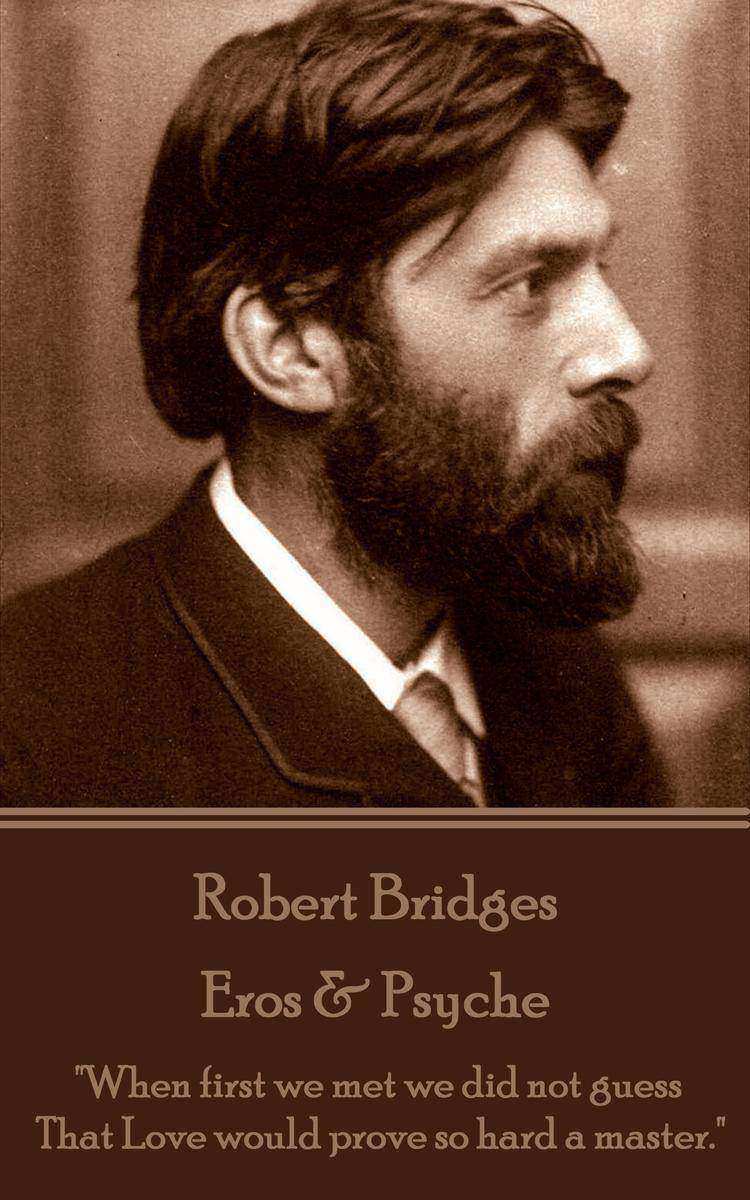
Eros & Psyche - When first we met we did not guess That Love would prove so hard
¥29.33
Robert Bridges was born in Walmer, Kent on the 23rd of October 1844. He went to study medicine intending to practise until the age of forty and then retire to write poetry. Lung disease forced him to retire in 1882, and from that point on he devoted himself to writing and literary research. However, Bridges' literary work started long before his retirement, his first collection of poems having been published in 1873. He was appointed Poet Laureate in 1913 by George V, the only medical graduate to have held the office. He died in Oxford on the 21st of April 1930. Here we present Eros & Psyche.

Fugitive - If you do not think about your future, you cannot have one.
¥29.33
John Galsworthy first published in 1897 with a collection of short stories entitled "e;The Four Winds"e;. For the next 7 years he published these and all works under his pen name John Sinjohn. It was only upon the death of his father and the publication of "e;The Island Pharisees"e; in 1904 that he published as John Galsworthy. His first play was The Silver Box, an immediate success when it debuted in 1906 and was followed by "e;The Man of Property"e; later that same year and was the first in the Forsyte trilogy. Whilst today he is far more well know as a Nobel Prize winning novelist then he was considered a playwright dealing with social issues and the class system. We publish here 'The Fugitive' a great example of both his writing and his demonstration of how the class system worked at the time. He was appointed to the Order of Merit in 1929, after earlier turning down a knighthood, and awarded the Nobel Prize in 1932 though he was too ill to attend. John Galsworthy died from a brain tumour at his London home, Grove Lodge, Hampstead on January 31st 1933. In accordance with his will he was cremated at Woking with his ashes then being scattered over the South Downs from an aeroplane.

Twelve Adventures Of Sherlock Holmes
¥29.33
If ever a writer needed an introduction Arthur Conan Doyle would not be considered that man. After all, Sherlock Holmes is perhaps the foremost literary detective of any age. Add to this canon his stories of science fiction and his poems, his historical novels, his political campaigning, his efforts in establishing a Court Of Appeal and there is little room for anything else. Born in Arthur Conan Doyle was born on 22 May 1859 at 11 Picardy Place, Edinburgh, Scotland. From 1876 - 1881 he studied medicine at the University of Edinburgh following which he was employed as a doctor on the Greenland whaler Hope of Peterhead in 1880 and, after his graduation, as a ship's surgeon on the SS Mayumba during a voyage to the West African coast in 1881. Arriving in Portsmouth in June of that year with less than GBP10 (GBP700 today to his name, he set up a medical practice at 1 Bush Villas in Elm Grove, Southsea. The practice was initially not very successful. While waiting for patients, Conan Doyle again began writing stories and composed his first novel The Mystery of Cloomber. Although he continued to study and practice medicine his career was now firmly set as a writer. And thereafter great works continued to pour out of him. Here we have twelve stories about the great detective Mr Sherlock Holmes.
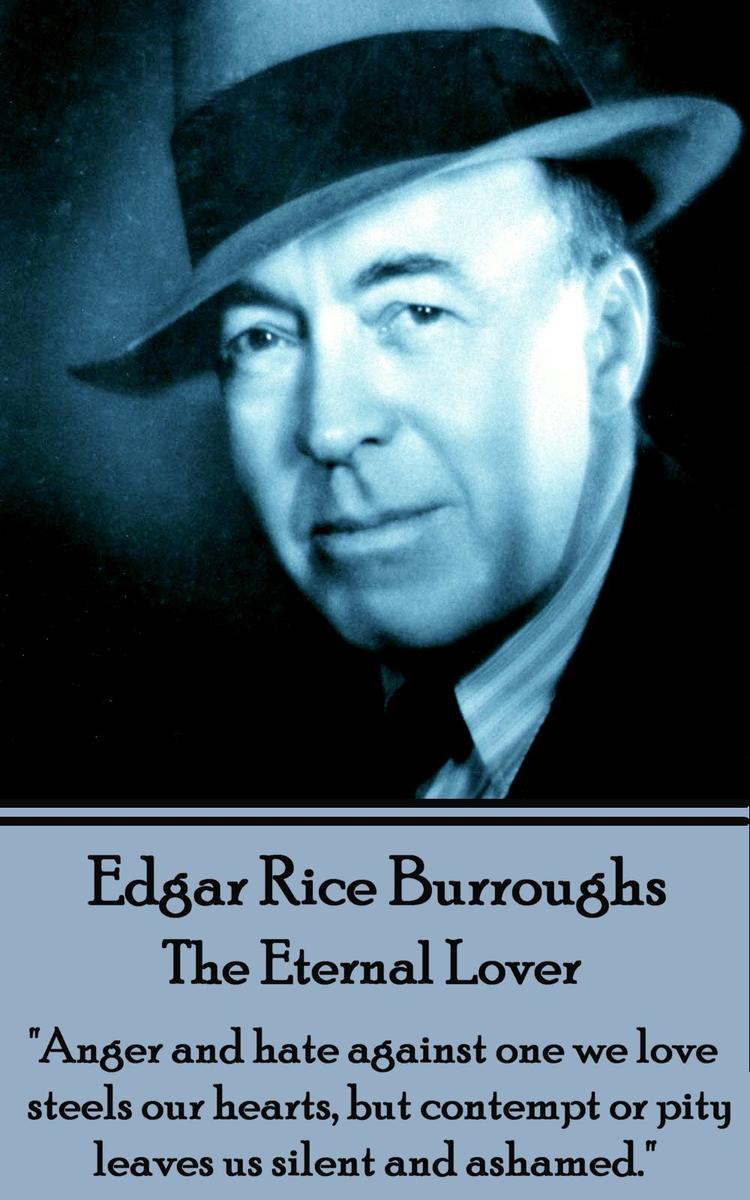
Eternal Lover
¥29.33
Edgar Rice Burroughs was born on September 1, 1875, in Chicago, Illinois. His early career was unremarkable. After failing to enter West Point he enlisted in the 7th Calvary but was discharged after heart problems were diagnosed. A series of short term jobs gave no indication as to a career path but finally, in 1911, married and with two young children, he turned his hand to writing. He aimed his works squarely at the very popular pulp serial magazines. His first effort 'Under The Moons Of Mars' ran in Munsey's Magazine in 1912 under the pseudonym Norman Bean. With its success he began writing full time. A continuing theme of his work was to develop series so that each character had ample opportunities to return in sequels. John Carter was in the Mars series and there was another on Venus and one on Pellucidar among others. But perhaps the best known is Tarzan. Indeed Burroughs wanted so much to capitalise upon the brand that he introduced a syndicated Tarzan comic strip, movies and merchandise. He purchased a large ranch north of Los Angeles, California, which he named "e;Tarzana."e; The surrounding communities outside the ranch voted in 1927 to adopt the name as their own. By 1932 Burroughs set up his own company to print his own books. Here we publish 'The Eternal Lover' in the hands of Edgar Rice Burroughs the title is just the beginning.....just the start of a journey......
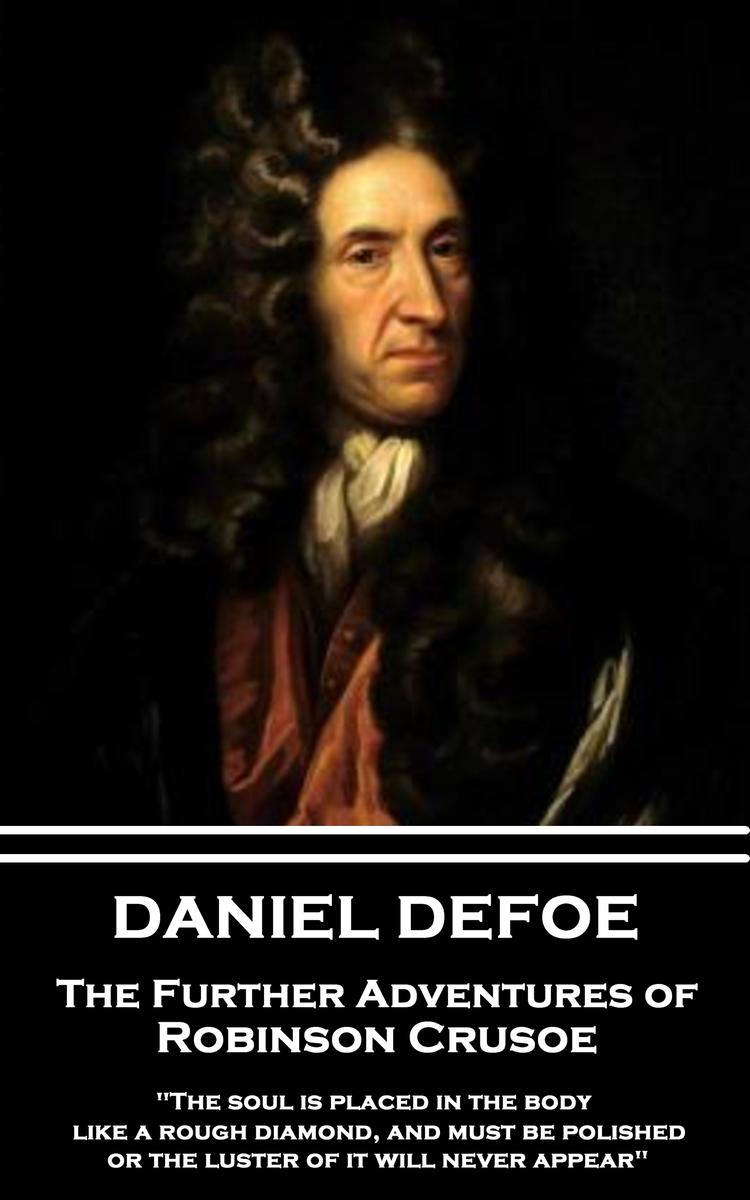
Further Adventures of Robinson Crusoe
¥29.33
Daniel Defoe is most well-known for his classic novels Robinson Crusoe and Moll Flanders. Born around 1660, he was also a journalist, a pamphleteer, a businessman, a spy. His life was long and colourful, and the breadth of his work, still highly regarded, is infused with similar vigour. It is said that only the bible has been printed in more languages than Robinson Crusoe. Defoe is also noted for being one of the earliest proponents of the novel. He was extremely prolific and a very versatile writer, producing several hundred books, pamphlets, and journals on various topics including politics, crime, religion, marriage, psychology and the supernatural. He was also a pioneer of economic journalism though was made bankrupt on more on one occasion and usually mired in debt. In later life Defoe was often most seen on Sundays when bailiffs and the like could legally make no move on him. Allegedly it was whilst hiding from creditors that he died on April 24th, 1731. He was interred in Bunhill Fields, London.
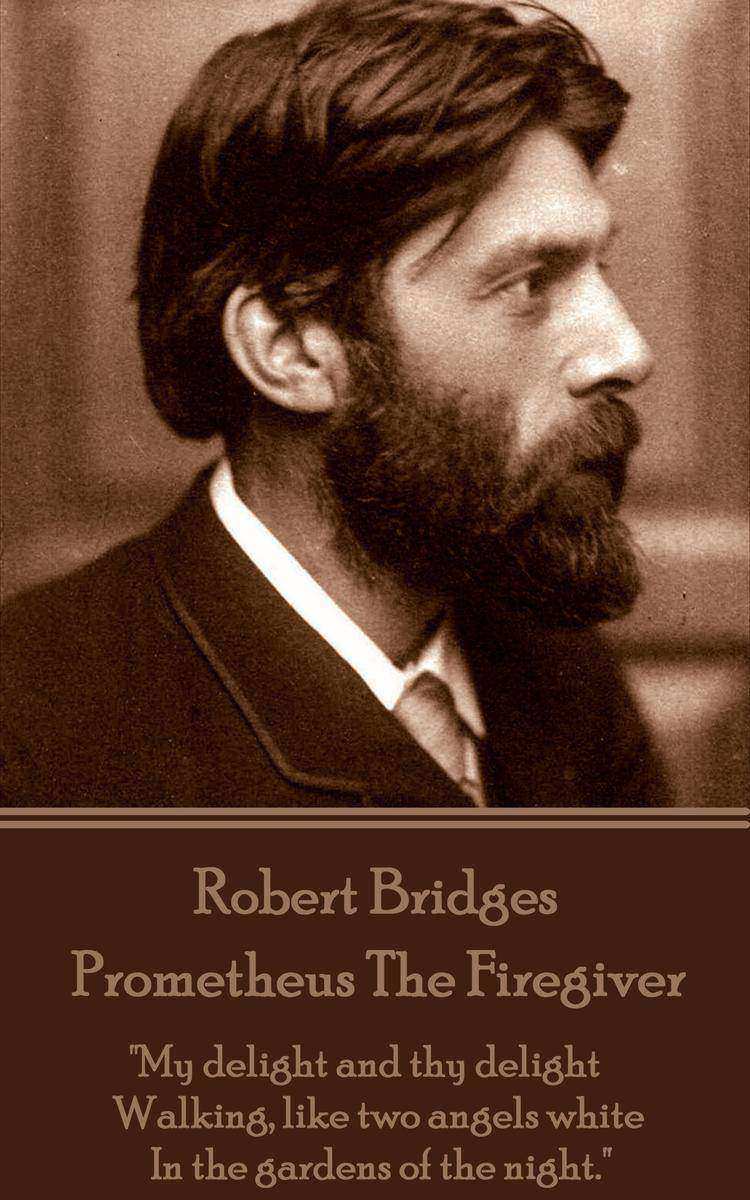
Prometheus The Firegiver - My delight and thy delight Walking
¥29.33
Robert Bridges was born in Walmer, Kent on the 23rd of October 1844. He went to study medicine intending to practise until the age of forty and then retire to write poetry. Lung disease forced him to retire in 1882, and from that point on he devoted himself to writing and literary research. However, Bridges' literary work started long before his retirement, his first collection of poems having been published in 1873. He was appointed Poet Laureate in 1913 by George V, the only medical graduate to have held the office. He died in Oxford on the 21st of April 1930. Here we present Prometheus The Firegiver.

Crime by Gaslight - Volume 2
¥29.33
We all love a good crime story. An anthology of short crime stories, written by the finest of craftsman of their age, is always a welcome treat. The short story is often viewed as an inferior relation to the Novel. But it is an art in itself. To take a story and distil its essence into fewer pages while keeping character and plot rounded and driven is not an easy task. Many try and many fail. In this series we have a selection of short stories from many of our most accomplished writers written at the beginnings of Detective fiction. Our stories include these classics: The Adventure of the Dying Detective by Arthur Conan Doyle, The Secret Garden by GK Chesterton, Gentlemen and Players by E W Hornung, The Purloined Letter by Edgar Allan Poe, The Death Of Halpin Frayser by Ambrose Bierce, The Man With The Cough by Mrs Molesworth, The Man With The Pale Eyes by Guy de Maupassant, On Duty With Inspector Field by Charles Dickens, The Stolen Cigar Case by Bret Harte, A Scandal In Bohemia by Arthur Conan Doyle
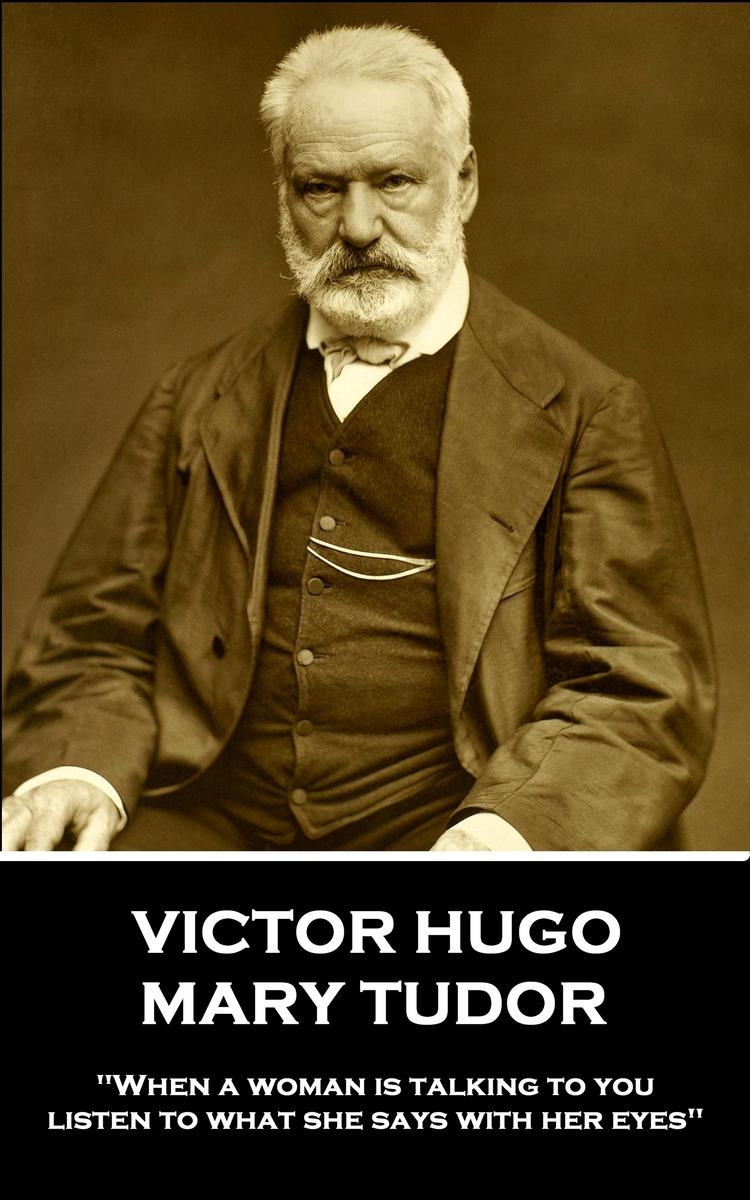
Mary Tudor - When a woman is talking to you, listen to what she says with her ey
¥29.33
Victor Marie Hugo was born on 26th February 1802 and is revered as the greatest of all French writers. A poet, novelist, dramatist and painter he was a passionate supporter of Republicanism and made a notable contribution to the politics of his Country.His life was paralleled by the immense political and social movements of the 19th Century. When he was two Napoleon was proclaimed Emperor but before he was eighteen the Bourbon Monarchy was restored.It was only with his Mother's death in 1821 that he felt confident enough to marry Adele Foucher, a relationship he had kept secret from his mother. Their first child was born inside a year but died in infancy. Leopoldine was born the following year, followed by three further siblings.Hugo published his first novel the year following year, Han d'Islande, (1823). Three years later his second, Bug-Jargal (1826).Between 1829 and 1840 he would publish five further volumes of poetry solidifying his reputation as one of the greatest elegiac and lyric poets of his time. His reputation was growing not only in France but across Europe.In 1841 he was elected to the Academie Francaise, cementing his position in the world of French arts and letters. Hugo also now began to turn his attention to an involvement in French politics.Elevated to the peerage by King Louis-Philippe in 1841 he spoke eloquently and at length against the death penalty and social injustice as well as passionately in favour of freedom of the press and self-government for Poland.When Napoleon III seized power in 1851, and established an anti-parliamentary constitution, Hugo openly declared him a traitor to France and began a long exile, based mainly in Guernsey.In exile, Hugo published his famous political pamphlets; Napoleon le Petit and Histoire d'un crime. Although the pamphlets were banned in France, they nonetheless made a strong impact there. His exile also seemed to have a creative impetus. He composed or published some of his greatest work including Les Miserables, and three widely honoured collections of poetry (Les Chatiments, 1853; Les Contemplations, 1856; and La Legende des siecles, 1859).In 1870 the Third Republic was established and Hugo finally returned home, where he was elected to the National Assembly and the Senate. That same year War erupted between France and Prussia and the French were badly beaten.With the end of the War Hugo began his campaign for a great valuation and protection for the rights of artists and copyright. He was a founding member of the Association Litteraire et Artistique Internationale, which led to the Berne Convention for the Protection of Literary and Artistic Works.Victor Hugo's death on 22nd May 1885, at the age of 83, generated intense nation-wide mourning. Revered not only as a towering figure in literature, he was a statesman who had helped to shape the Third Republic and democracy in France.Index of ContentsDRAMATIS PERSONTIME: LONDON, 1553MARY TUDORFIRST DAYA MAN OF THE PEOPLESCENE:-Border of the Thames.SCENE ISCENE IISCENE IIISCENE IVSCENE VSCENE VISCENE VIISCENE VIIISCENE IXSECOND DAYTHE QUEENSCENE:-A Room in the royal apartment.SCENE ISCENE IISCENE IIISCENE IVSCENE VSCENE VISCENE VIISCENE VIIISCENE IXTHIRD DAYPART IWHICH OF THE TWO?SCENE:-Hall in the Interior of the Tower of London.SCENE ISCENE IISCENE IIISCENE IVSCENE VSCENE VISCENE VIIISCENE IXSCENE XTHIRD DAYPART IISCENE:-A Hall or Room into Which lead Two Staircases.SCENE ISCENE IIVICTOR HUGO - A SHORT BIOGRAPHYVICTOR HUGO - A CONCISE BIBLIOGRAPHY
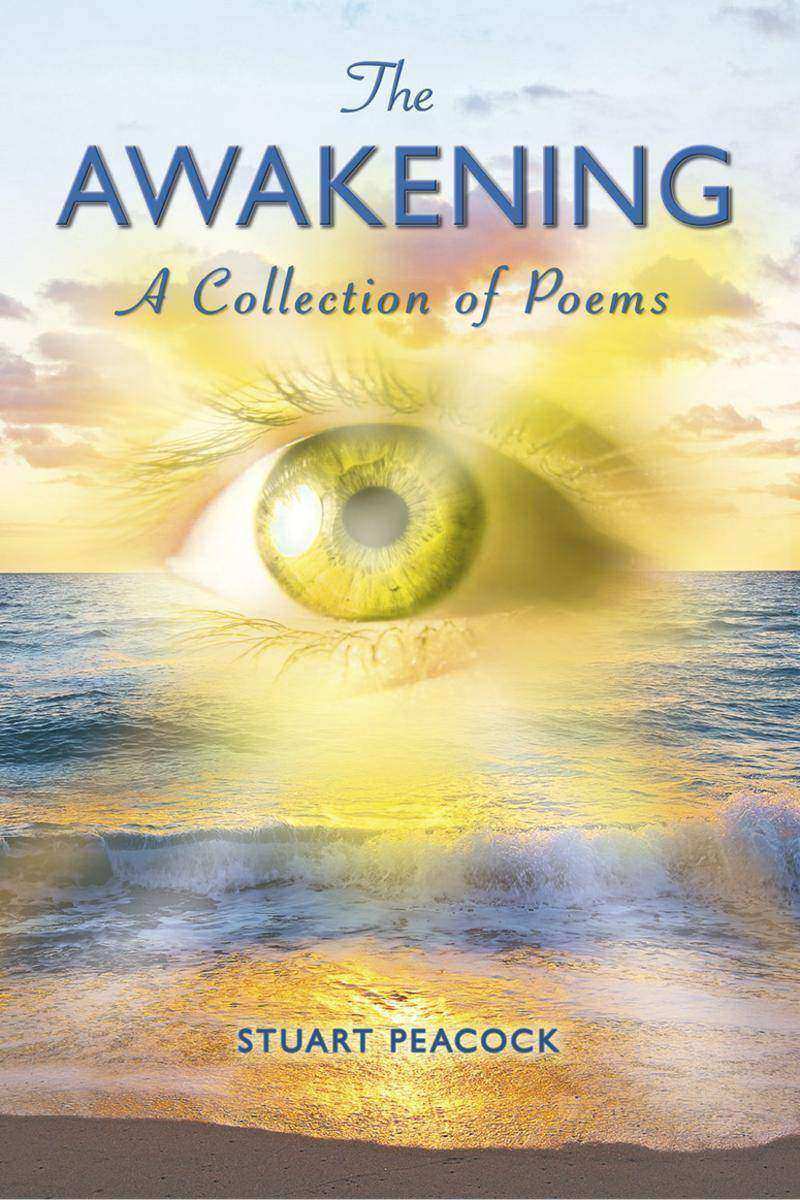
Awakening
¥29.33
Do you enjoy reading poetry? Are you looking for something out of the ordinary? A poem can affect our mood and make us see the world differently. It can convey a wealth of emotion in just a few short lines. The skill of the poet is in choosing the right words to get his message across and create a lasting impact on the reader so that they will want to revisit the poem time and again. The Awakening is a collection of poems that does just that. The poems in this book embrace the fantastical and dream-like nature of our world, telling stories of the search for contentment and ultimately redemption, as well as the darkness and confusion that may tempt and consume us along the way. Dip inside this book to discover poems about a range of experiences from love and loss and relationships, through compulsion and self-destruction and what it is that makes us human. If you like poetry, you are certain to want to add The Awakening to your collection.

N?k vagyunk nem rabszolgák: Mi vagyunk a h?s?k
¥29.59
N?k vagyunk nem rabszolgák: Mi vagyunk a h?s?k

RUM, BUM and BACCY
¥29.62
RUM, BUM and BACCY

Думай як фр?к
¥29.84
Cosi, riunendo la precisione della forma metrica alla precisione del linguaggio, io ho potuto fare un'opera che è stata intesa parte a parte (e io lo so, perché recitando i miei sonetti vedo in volto i miei uditori) a Napoli come a Roma, e sarà intesa parte a parte a Milano come a Venezia (1894) Un "petit chef-d'uvre", un piccolo capolavoro, come giustamente scrisse Henri Montecorboli presentando ai lettori francesi quello che in Italia fu il caso letterario dell'anno 1894, il poemetto di Cesare Pascarella (1858-1940) che in una incantevole e coerente sequenza di cinquanta sonetti racconta in romanesco "La scoperta de l'America"; o meglio: la sua storia magistralmente riletta e narrata in un'osteria, tra la bevuta di un bicchiere e un altro di vino, da un "Romano de Roma" in un misto, rimasto inconfondibile, di erudizione sui generis e di ironica, sagace e malinconica fantasia popolare. SOMMARIO: Un "petit chef-d'uvre", un piccolo capolavoro... - La scoperta dell'America - Il Caffè Greco - Villa Gloria. LETTURE CRITICHE Ugo Ojetti, Colloquio con Cesare Pascarella - Dino Mantovani, Poeti romaneschi: Cesare Pascarella - Henri Montecorboli, Un poème italienne sur la découverte de l'Amérique - Caras y Caretas (Buenos Aires, 1899). OPERE GIOVANILI Er Fattaccio - Cose der monno - Er morto de campagna - La serenata - Sonetti -LE COLLANE "IN/DEFINIZIONI" E "CON(TRO)TESTI"

Flush 阿弗小传(英文版)
¥29.99
“事情并不简单,而是错综复杂的。如果它咬了布朗宁先生,那是因为他也咬了她。仇恨并非只是仇恨;仇恨也可以是爱。” 弗吉尼亚·伍尔夫为诗人伊丽莎白·巴雷特·勃朗宁(Elizabeth Barrett Browning)的西班牙猎犬所著的传记,令人愉悦,探讨了作为人类以及作为狗的意义。
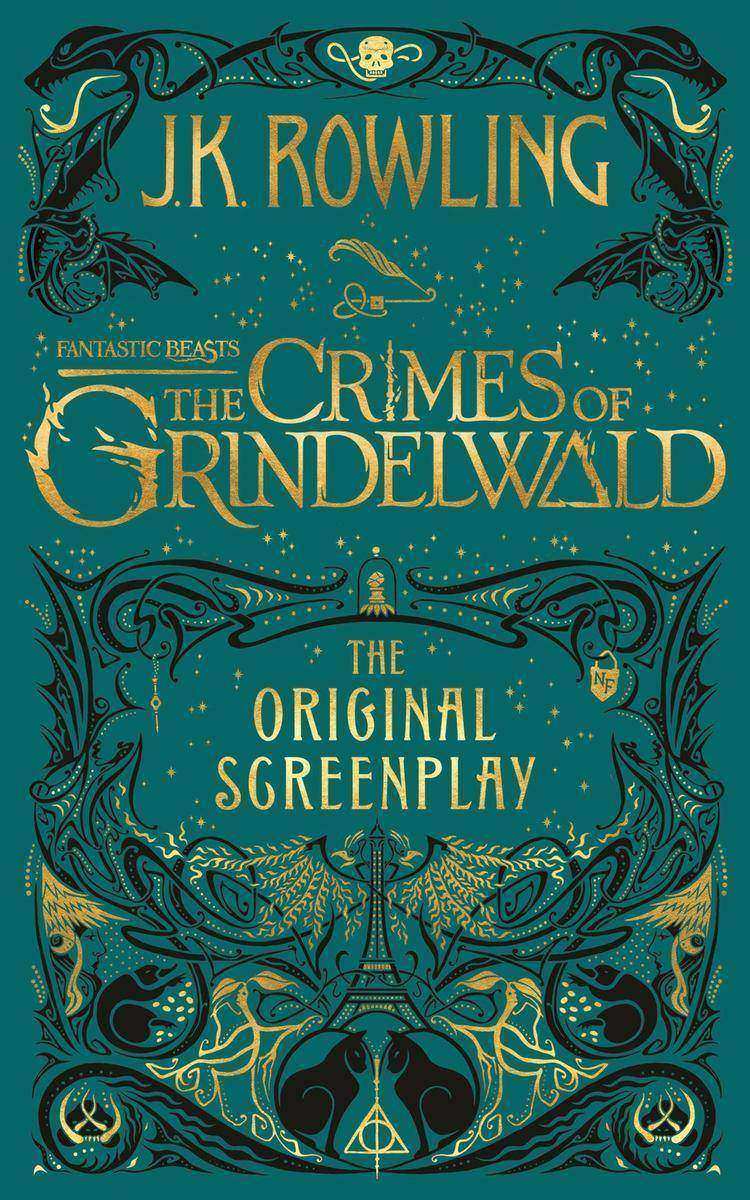
Fantastic Beasts: The Crimes of Grindelwald - The Original Screenplay
¥30.00
J.K. Rowling’s five-film Fantastic Beasts adventure series continues with the original screenplay for Fantastic Beasts: The Crimes of Grindelwald

The Hatcher File
¥30.08
Tom Hatcher is a wanted man, dead or alive. Hunted by a crazed Colombian drug lord and hounded by rogue elements within MI6 and the DEA he has nowhere to turn and no one to trust. As a soldier of fortune he finds himself in a desperate struggle for his life and a race against time to save the one person in the world he loves. With no way to escape the circle tightening around him, Tom must fight back against ruthless enemies who follow no rules of engagement and who he can’t face alone. But, who can he trust? Enemies become allies and friends become foes as he tries to unravel the web of deceit and intrigue that shields his adversaries. Inspired by real life events, and in the best Ludlum traditions, this edge-of-the-seat thriller is full of twists and turns that will keep you turning the pages until the final thrilling conclusion.
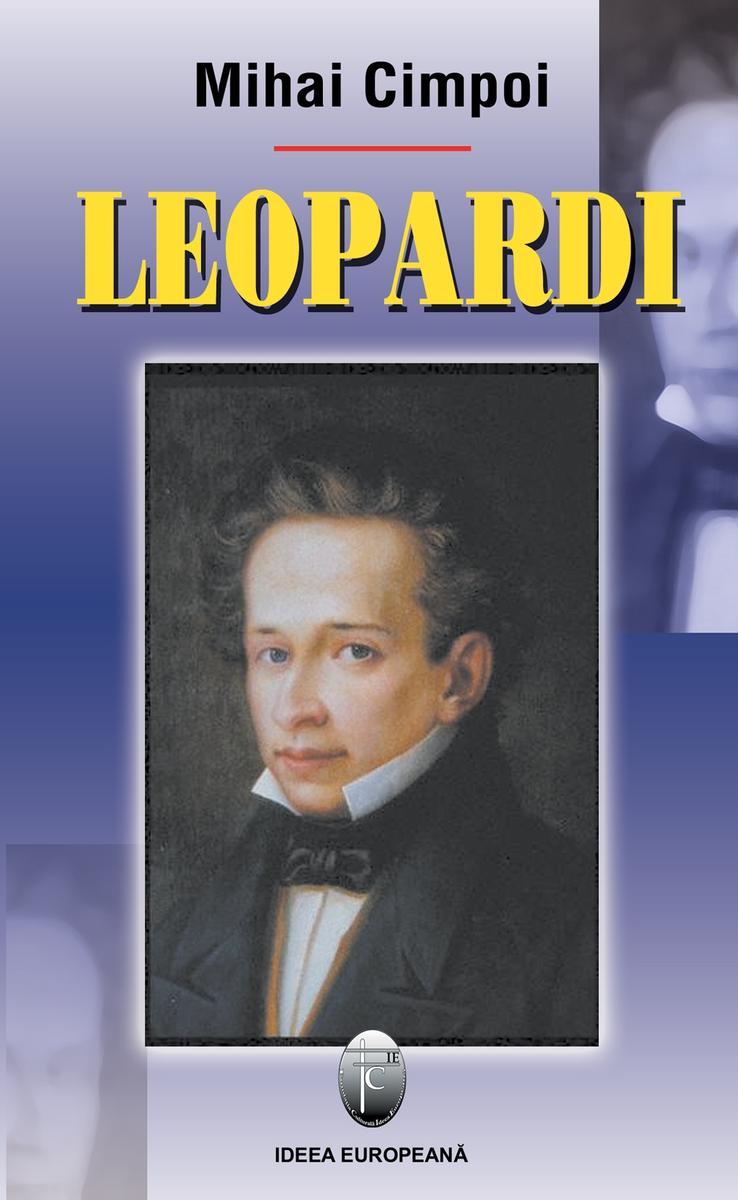
Leopardi
¥30.25
Volumul, prefa?at de ASR Principele Radu al Rom?niei, con?ine texte ce abordeaz? aspecte privind istoria Casei Regale din Rom?nia, precum ?i rolul pe care aceasta l-a avut de-a lungul timpului ?n via?a social? ?i politic? rom?neasc?. Din punct de vedere publicistic, cartea deschide Anul Regal, c?nd se ?mpline?te un secol ?i jum?tate de la fondarea Casei Regale ?i a statului rom?n modern, anul care marcheaz? ?ntemeierea Dinastiei Regale ?i instituirea primei Constitu?ii moderne a statului rom?n.

The Elements of Style
¥30.57
This Classic Edition commemorates the 100-year anniversary of William Strunk's grammar primer, The Elements of Style.?Generations of writers have learned the basics of grammar from Strunk’s little book. It was rated “one of the 100 most influential books written in English” by Time in 2011, and iconic author Stephen King recommended it as a grammar primer that all aspiring writers should read.Elements of Style: Classic Edition 2018?includes the full text of Strunk's original work. It adds two new chapters requested by college professors and students to help clarify points of confusion in modern writing: Basic Rules of Capitalization?and Style Rules for Better Writing.?It also features a variety of enhancements that make this grammar handbook even more useful: 1. Editor’s notes have been inserted throughout the book to flag grammar rules that are now obsolete and to provide up-to-date advice for students and writers. 2. Emojis have been added to help readers identify correct examples from errors at a glance. 3. A Study Guide is included in the last chapter. 4. The paperback version includes blank, lined pages in the back of the book for convenient notetaking. 5. The e-book versions have been restyled for improved display on the latest generations of digital book-reading devices.Elements of Style: Classic Edition?is now being used as a textbook in courses at University of Minnesota, University of Texas, UC Berkeley and elsewhere, giving students and writers a blueprint that they can follow to write clearly and effectively while adhering to the fundamental rules of English Grammar.




 购物车
购物车 个人中心
个人中心



